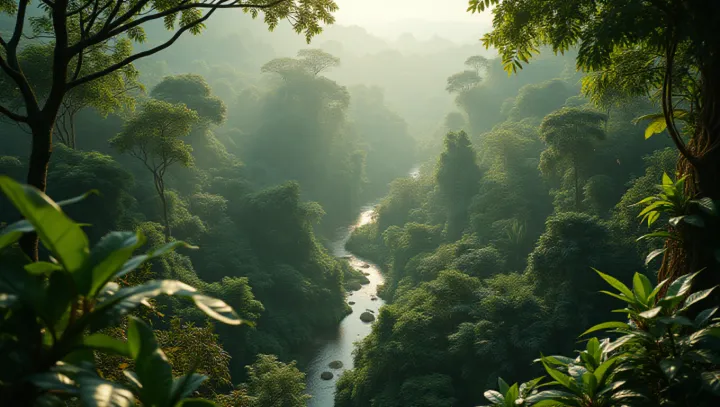Why the Amazon is Crucial for Earth’s Survival

The Amazon rainforest, often referred to as the Earth's lungs, plays a vital role in the planet's ecological health. Covering significant portions of countries like Brazil and Peru, this dense forest is home to an unparalleled diversity of flora and fauna. Its rich vegetation absorbs vast amounts of carbon dioxide, a greenhouse gas contributing to global warming, and produces oxygen, supporting life across the globe.
Experts highlight that the Amazon's dense canopy works as a global climate regulator, influencing weather patterns and precipitation levels far beyond South America. Despite this, it faces severe threats due to human activities such as deforestation and unsustainable agriculture. Reports indicate that the rapid loss of forested areas can lead to irreparable damage to ecosystems and biodiversity.
The health of the Amazon is not just a regional concern but a global imperative. Preservation efforts by local communities and international bodies emphasize sustainable practices aimed at balancing economic development with ecological protection. As climate change accelerates, the Amazon's ability to sequester carbon and preserve biological diversity becomes increasingly crucial.
